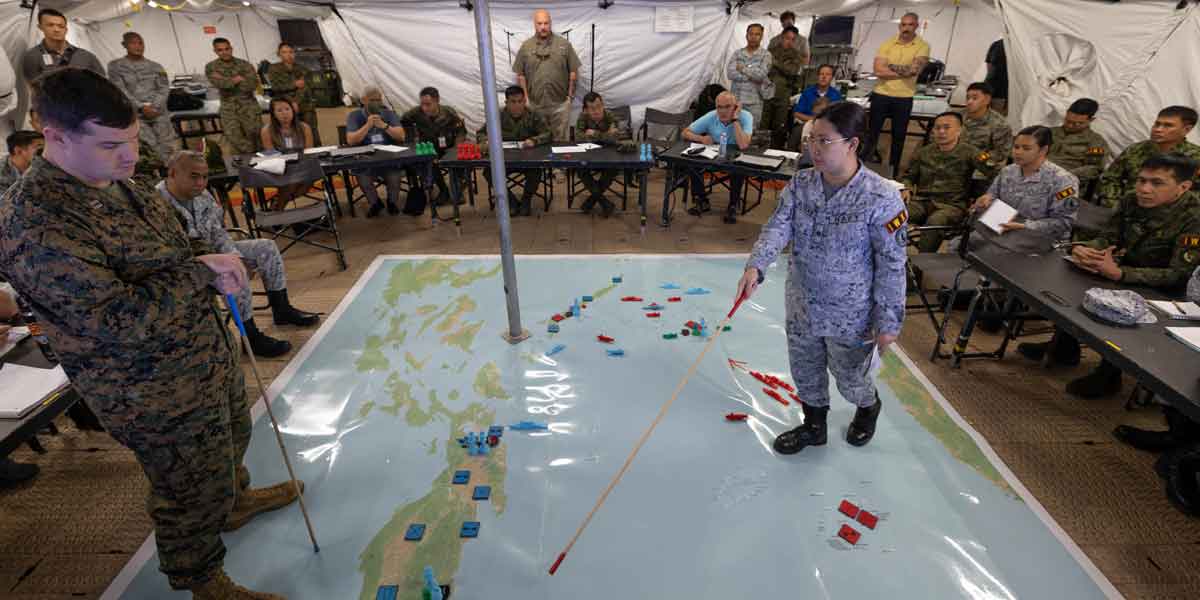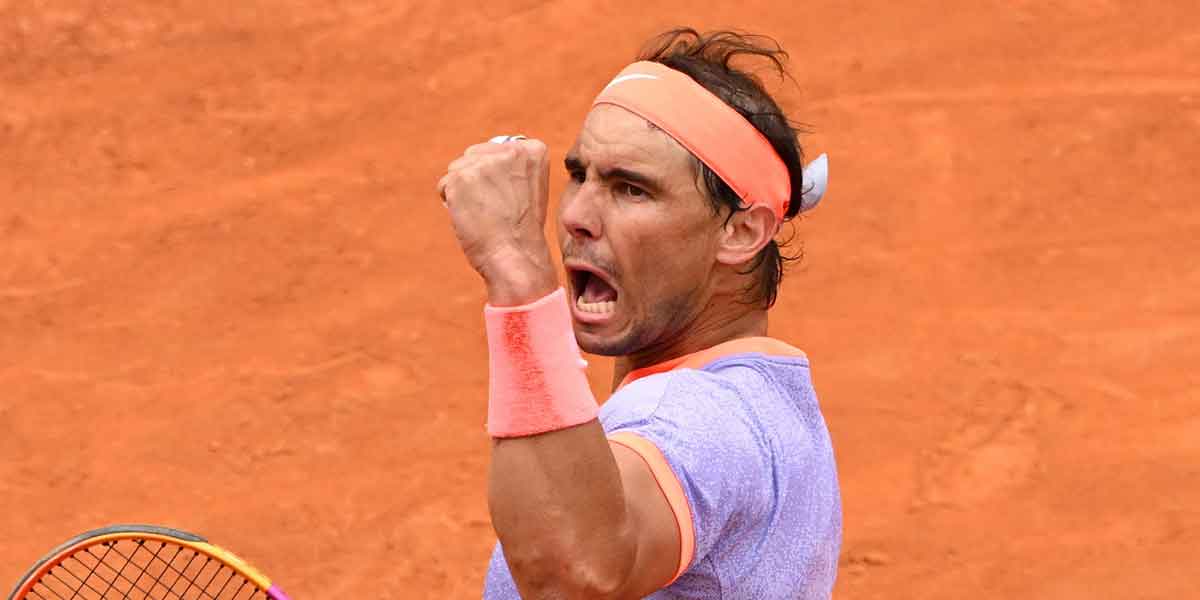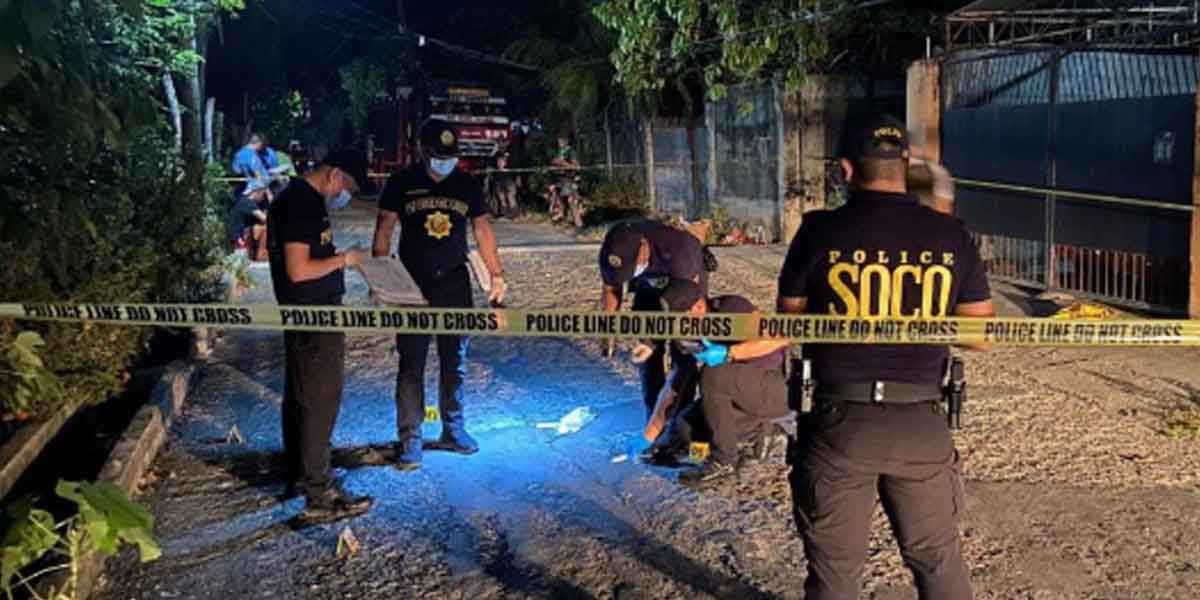 By Modesto P. Sa-onoy
By Modesto P. Sa-onoy
LifeSiteNews last March 18 cited Cardinals Raymond Burke and Robert Sarah urging Catholics not to lose hope during the global coronavirus pandemic and panic.
Cardinal Burke reminded Catholics of the power of prayer and God’s sovereignty, “The prolonged assault of the coronavirus naturally leads to sadness and fear, but we know that Christ is the Lord of nature and of history. (While) using natural means to defend ourselves…we do not forget our primary means of defense: prayer, especially the rosary and Eucharistic adoration. Christ never abandons us.”
Cardinal Sarah similarly urged us to pray and trust in the Lord. “If the circumstances or the civil or church provisions provoked by the coronavirus prevent you from going to church simply to encounter the Lord or from taking part in the Eucharist, know that no one, absolutely no one can prevent you from turning toward God and imploring His help during this great test.” Cardinal Sarah is the Prefect for the Congregation of Divine Worship.
He urged the faithful to pray more without becoming weary. “Together with one heart and one soul and united in the same faith, let us lift our hands toward God and beg him. Entrust to him the world and His Church. His heart will be touched and will save us.”
Bishops around the world are citing the pandemic coronavirus as they mandated that Masses in their dioceses be canceled, some indefinitely. Cases of infections and death are rising daily, and governments are imposing stricter controls. The only remedy is to prevent the virus from jumping from one victim to another.
The world watches the impact of the pandemic helplessly as businesses close and workers given unpaid leaves. Governments are now appropriating trillions of dollars as the economy have dived with historic speed unseen in history.
Our only recourse is prayer. The Holy Father had his private Mass televised and is leading prayers so Catholics can join him in pleading with God for deliverance.
What is our Philippine Church doing other than responding to the government control policy?
But Catholics are relieved to see some reactions of faith. The Polish bishops have addressed the crisis by calling for more Masses so that churches will be less crowded. “It’s unthinkable that we should not pray in our churches,” I quoted Archbishop Stanislaw Gadecki earlier. The Austrian bishops have taken similar measures. On a smaller scale, encouraging reports have been circulating of priests in the internet acting on an individual level: one video shows a Maronite priest being flown above Lebanon in a small aircraft to bless the country, carrying a monstrance with the Blessed Sacrament. Another shows a priest, fully vested, processing through an Italian town with the Blessed Sacrament, unattended but for a server carrying the traditional ombrellino, a liturgical canopy or umbrella. I watched with awe and hope at a truck driver dismounting, kneeling and making the sign of the cross as the priest moved closer to him. Houses opened and people came out to knell and pray.
In Spain the bishops have asked churches to start ringing the Angelus again (leading one to wonder why they ever stopped). Bishop Joseph Strickland of Tyler called for priests in his diocese to carry out processions with the Blessed Sacrament and to ring the blessed bells of their churches as was done during the Spanish era when calamity strikes, like a typhoon.
Perhaps in places where gatherings are still permitted, the faithful will process too, singing the Litany of the Saints in which we pray, “From plague, famine and war, O Lord, deliver us.”
Depriving Catholics of the sacraments is a grave matter, since without them we cannot attain and preserve sanctifying grace, which is far more important than bodily health. Without it we cannot be pleasing to God.
LifeSiteNews also cited “of a fine example given to all authorities, civil and religious, when on March 13 the mayor of Venice knelt at the altar of the Madonna della Salute in Venice (this church was built in thanksgiving for Our Lady’s protection from the Black Death), dressed in his official regalia, and consecrated Venice and the region of Veneto to the Immaculate Heart of Mary. This institutional act recognizing the power of God, Our Lady and the Saints publicly and humbly begging for their protection will draw down God’s mercy on Veneto.






















